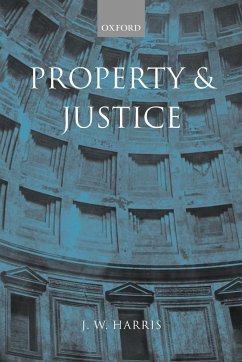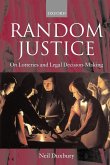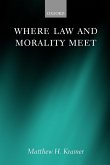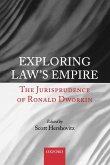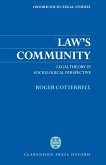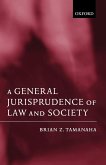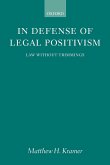When philosophers put forward claims for or against 'property', it is often unclear whether they are talking about the same thing that lawyers mean by 'property'. Likewise, when lawyers appeal to 'justice' in interpreting or criticizing legal rules we do not know if they have in mind something that philosophers would recognize as 'justice'. Bridging the gulf between juristic writing on property and speculations about it appearing in the tradition of western political philosophy, Professor Harris has built from entirely new foundations an analytical framework for understanding the nature of property and its connection with justice. Property and Justice ranges over natural property rights; property as a prerequisite of freedom; incentives and markets; demands for equality of resources; property as domination; property and basic needs; and the question of whether property should be extended to information and human bodily parts. It maintains that property institutions deal both with the use of things and the allocation of wealth, and that everyone has a 'right' that society should provide such an institution.
Property is a legal and social institution governing the use of most things and the allocation of some items of social welfare. As an institution, property is a complex organizing idea. This work examines the legal and philosophical underpinnings of the concept of property and offers a new analytical framework for understanding property and justices.
Hinweis: Dieser Artikel kann nur an eine deutsche Lieferadresse ausgeliefert werden.
Property is a legal and social institution governing the use of most things and the allocation of some items of social welfare. As an institution, property is a complex organizing idea. This work examines the legal and philosophical underpinnings of the concept of property and offers a new analytical framework for understanding property and justices.
Hinweis: Dieser Artikel kann nur an eine deutsche Lieferadresse ausgeliefert werden.

